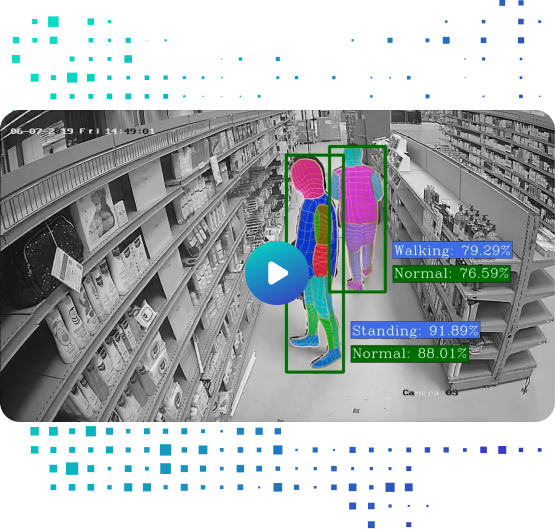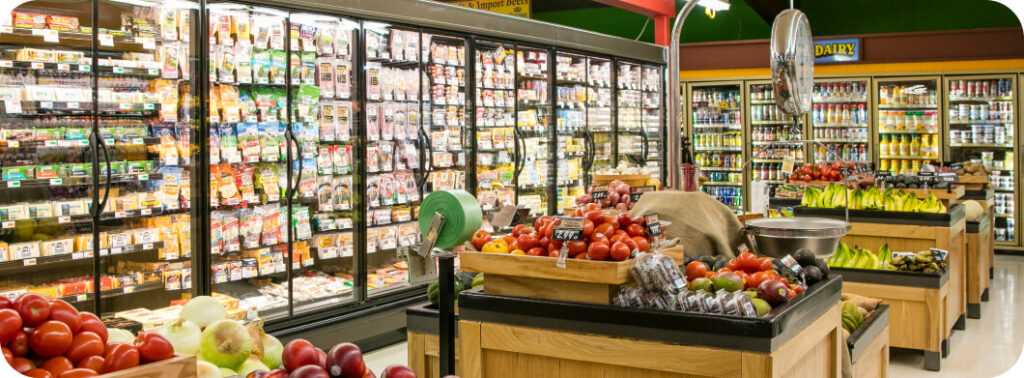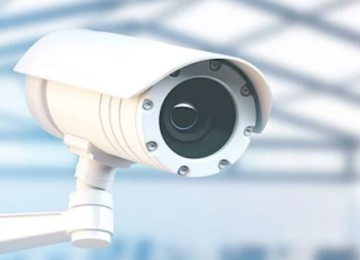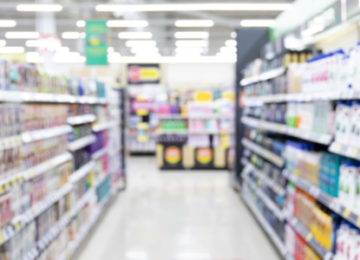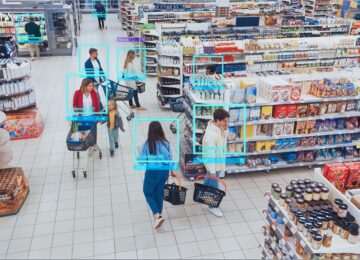How retail video surveillance helps catch repeat theft
How anti-shoplifting systems help retail stores
In-store video surveillance is essential for shoplifting prevention. Discover our software, Veesion, which detects shoplifting incidents automatically in real-time.
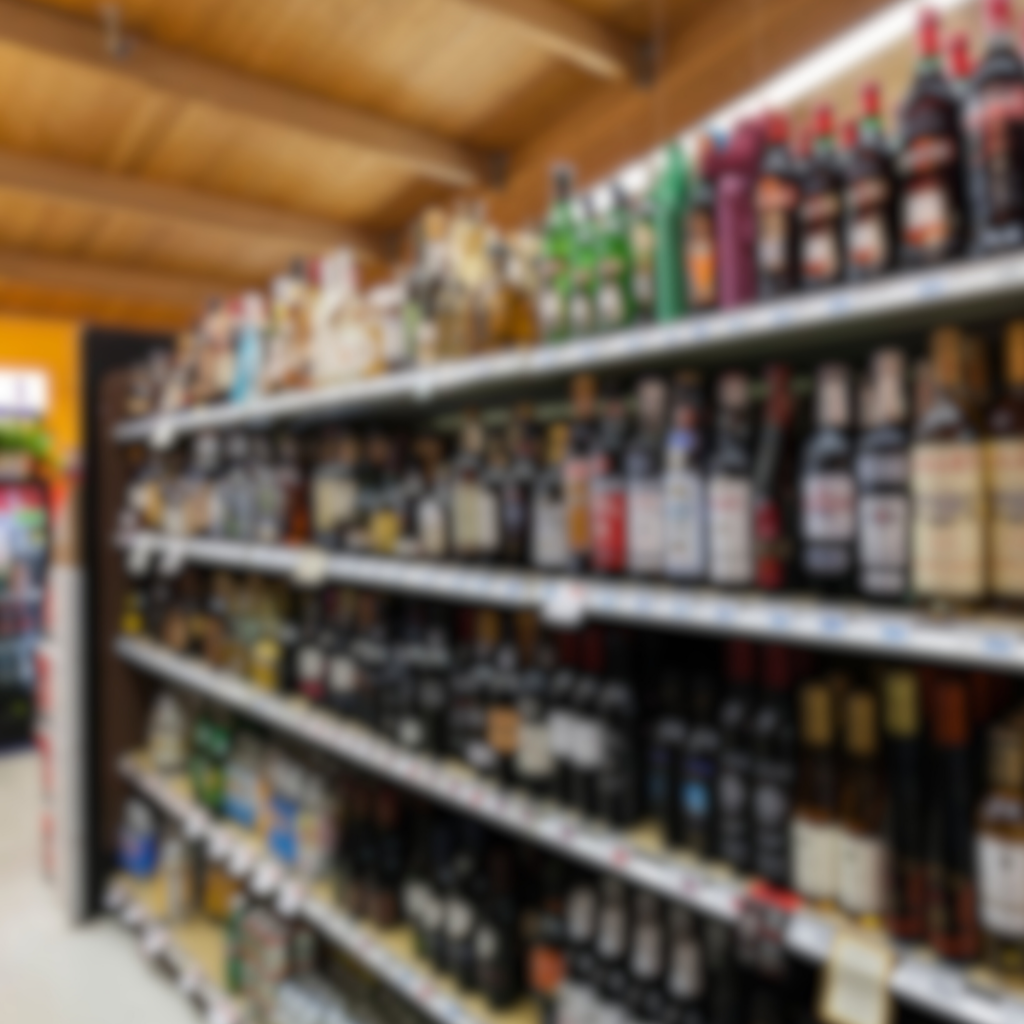
How intelligent video surveillance reduces losses
Veesion is a 100% made in France security company that has developed a gesture recognition technology. Since 2018, we have been detecting gestures of theft in stores around the world, with a goal of eradicating shoplifting.
Our gesture recognition AI-based software uses the latest advances in Deep Learning to automatically detect shoplifting gestures in real-time in supermarkets from existing surveillance cameras.
Do you want to ensure the security of your store? Our anti-shoplifting system is for you!
